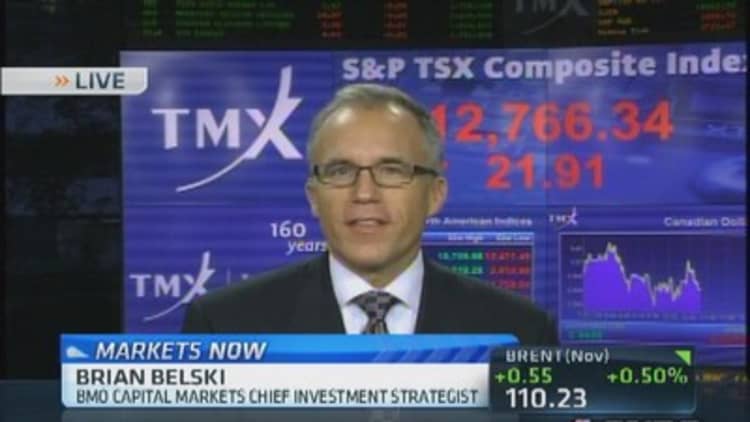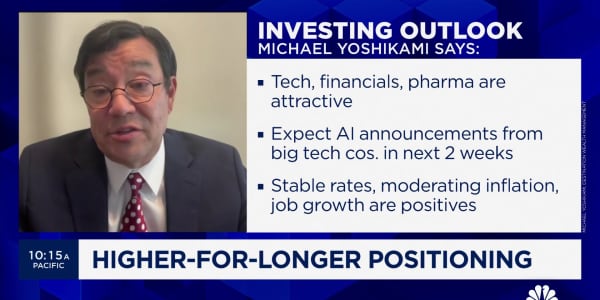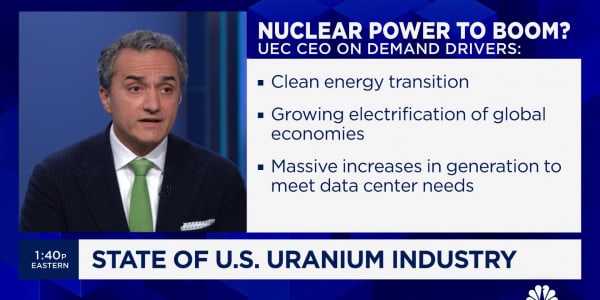A former top bank executive doesn't believe Wall Street is being too complacent to the possibility of a U.S. debt default.
"The markets tend to collectively have a pretty good read on these things," said former J.P. Morgan Chase banker James. E "Jes" Staley at The Wall Street Journal's Heard on the Street Live event in Manhattan Monday.
"We all…recognize that a default on U.S. debt would so dramatically change the financial landscape it would be calamitous on so many different levels…People recognize that it's a de minimis if any possibility that we would be so reckless as to threaten what is basically the foundation of the global financial markets."
Staley spent more than thirty years at J.P. Morgan and was CEO of its investment banking and asset management units. He joined $15 billion hedge fund firm BlueMountain Capital Management as managing partner in January.

(Read more: Boehner: No 'lines in the sand' on debt limit)
Even If there's a crash, Staley said banks are secure.
"We have a much stronger capitalized banking system, particularly in the States. I think universal banks every day show their value," he said.
"These are very robust financial institutions. There's a lot of levers within the profitability of these banks. I think our focus on capital, our focus on liquidity, our focus on risk in the financial system overall is significantly greater than it was in 2008," Staley added.
Staley wouldn't predict third-quarter bank earnings, but said he thinks they'll "do fine" and their rising stock prices are unlikely to reverse.
(Read more: Analysts on JPMorgan Chase troubles: So what?)
Staley contested the notion that banks were too big to fail.
"I think the role of the large universal bank, personally, is as necessary today as ever," Staley said. "(They) are in a very privileged position."
"I don't believe they are too big to fail," he added. "But I think we have probably less universal banks than actually I think might be healthy, but I think the universal banks that are there are in a very strong place for the long road."
(Read more: No end in sight for debt addiction: Paul Singer)
—By CNBC's Lawrence Delevingne. Follow him on Twitter @ldelevingne.






